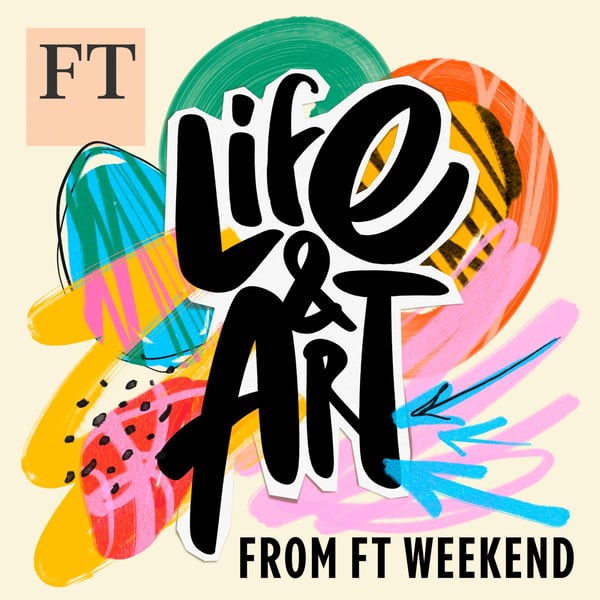Simon Schama on what history can teach us
Life and Art from FT Weekend
Forhecz Topher
4.6 • 601 Ratings
🗓️ 20 November 2020
⏱️ 45 minutes
🧾️ Download transcript
Summary
Simon is one of the world’s premier historians and art historians, and also a colleague! After a tumultuous election, we've invited him on to help connect the dots and give us much-needed historical context. Plus: Neil Munshi, our west Africa correspondent joins us from Lagos to reflect on our conversation and discuss his recent piece on how companies are facing their brutal colonial histories. Two people with global and historical lenses through which to see 2020.
What do you think is possible now, that seemed impossible before? Email us at [email protected]. You can message Lilah on Instagram or Twitter @lilahrap, and find the podcast on Twitter @ftculturecall. We love voice notes – so send those, too.
Links from the episode:
–Simon's piece The two Americas: LBJ, MLK and what the dramas of 1965 can teach a polarised nation
–Simon's piece on statues: History is better served by putting the Men in Stone in museums
–Simon's BBC series the Romantics and Us is on YouTube
–Wendell Wilkie's One World
–September, by Gerhard Richter
–Midnight Diner: Tokyo Stories is on Netflix
–Neil Munshi's piece, Belgium’s reckoning with a brutal history in Congo
Hosted on Acast. See acast.com/privacy for more information.
Transcript
Click on a timestamp to play from that location
| 0:00.0 | Hello, you're listening to Culture Call, the Life and Arts podcast from the Financial Times. |
| 0:05.6 | I'm Lila Raptopoulos, an editor in New York. |
| 0:09.3 | Coming up on today's show. |
| 0:12.3 | What we have, which has never happened before, is the robust existence of a flourishing fantasy world, |
| 0:20.1 | a world of systematically disseminated untruths. |
| 0:24.9 | When we talk about reparations, we often talk about what do countries owe to their ex-colonies, |
| 0:30.5 | but we don't often talk about the companies who act as a mechanism through which the exploitation |
| 0:36.4 | is done. |
| 0:41.0 | As you may know, this season, my co-host Gris is on maternity leave, and I'm on a quest to make |
| 0:46.8 | sense of this year. |
| 0:48.3 | Kind of a big quest. |
| 0:49.8 | I'm exploring questions like, how can art and culture reflect 2020 and help us make sense of it while it's still happening? |
| 0:56.9 | And what's possible now for the future that would have seemed impossible before? |
| 1:01.6 | The U.S. election results are in. Joe Biden and Kamala Harris will be the next president and VP of the United States. |
| 1:09.6 | And on Saturday, November 7th, New York City |
| 1:11.9 | erupted. It happened slowly and then all at once when the results came in. |
| 1:20.4 | People were dancing and beeping in the streets and in the parks. |
| 1:26.2 | Where I was, I found people cheering toward the center, as if they were all watching |
| 1:30.8 | something. And so I pushed up into the center of the crowd myself. And I found that actually |
| 1:35.5 | nothing was there. It was just pent up energy needing to be released. I personally wasn't ready to cheer quite yet. |
| 1:47.9 | I felt still pretty gaslit from so many years of our democracy |
| 1:52.0 | and our sense of reality being challenged that I didn't quite know whether I could trust it |
... |
Please login to see the full transcript.
Disclaimer: The podcast and artwork embedded on this page are from Forhecz Topher, and are the property of its owner and not affiliated with or endorsed by Tapesearch.
Generated transcripts are the property of Forhecz Topher and are distributed freely under the Fair Use doctrine. Transcripts generated by Tapesearch are not guaranteed to be accurate.
Copyright © Tapesearch 2025.

